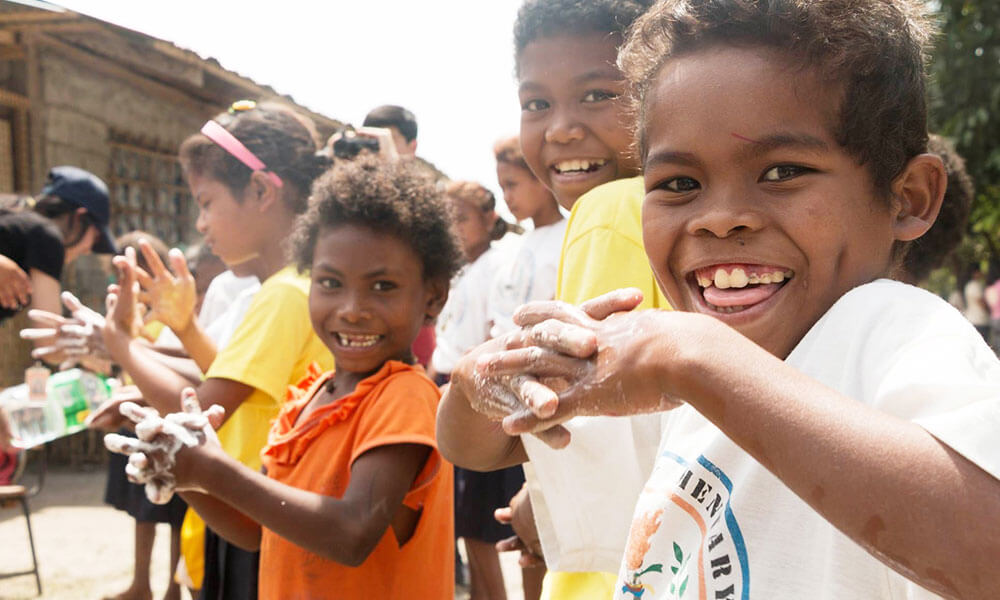Community Development
Education is a basic right for all children and essential for poverty reduction, gender equality, maternal health, child mortality reduction, sustainable development, and peace. Limited access to education disproportionately affects minorities and indigenous people in remote areas.
Recognizing the need to provide special assistance to these communities, GPF Philippines GlobALS has been serving as a state-approved provider of the Department of Education’s Alternative Learning System since 2011. GlobALS learners have the opportunity to receive elementary and high school diplomas through accreditation and equivalency programs as well as vocational training to learn skills for employment or to start a business.
In Malaysia, the Orang Asli, or “original people,” live in remote regions of the Malay peninsula, with little access to necessities such as clean water, electricity, and education. Many Orang Asli children struggle with low literacy skills, which limit future opportunities. Since June 2020, GPF Malaysia has been bringing out-of-classroom learning to the Orang Asli children through the Mobile School in partnership with ECM Libra Foundation. The Mobile School enables community teachers to carry out learning sessions within the village, utilizes Play-Based Learning, STEM activities, arts and sports to foster interests in learning.
GPF Malaysia also introduced a cost-effective and easy-to-use SunKing Home solar light to address the daily energy needs of Orang Asli families. After installing solar lamps and phone chargers in households across 6 Orang Asli villages in Pahang, families can illuminate their homes at night.
In Brazil, Community Development efforts led by Global Peace Foundation Brazil brings together a wide network of partners to focus on intercultural relations, education innovation, and youth entrepreneurship. GPF Brazil and local partners are part of a national youth council body, Conjuve, that defines youth policy in the country. Recent activities have reached some 54,000 youth in Brazil and 100,000 young people in 12 countries and resulted in the development of 4,000 businesses.
During the pandemic, GPF Brazil adapted its efforts by hosting virtual international panels of educators, entrepreneurs, and youth advocates throughout 2020-21 that explored efforts to foster peacebuilding and youth enterprise. These webinars led by GPF Brazil highlighted the vital role of youth, women, entrepreneurs, and educators in community development and peacebuilding not only in Brazil but sought to offer inspiration, hope, and tools to identify and address both the unique challenges in Latin America and around the world.
Recent Activities
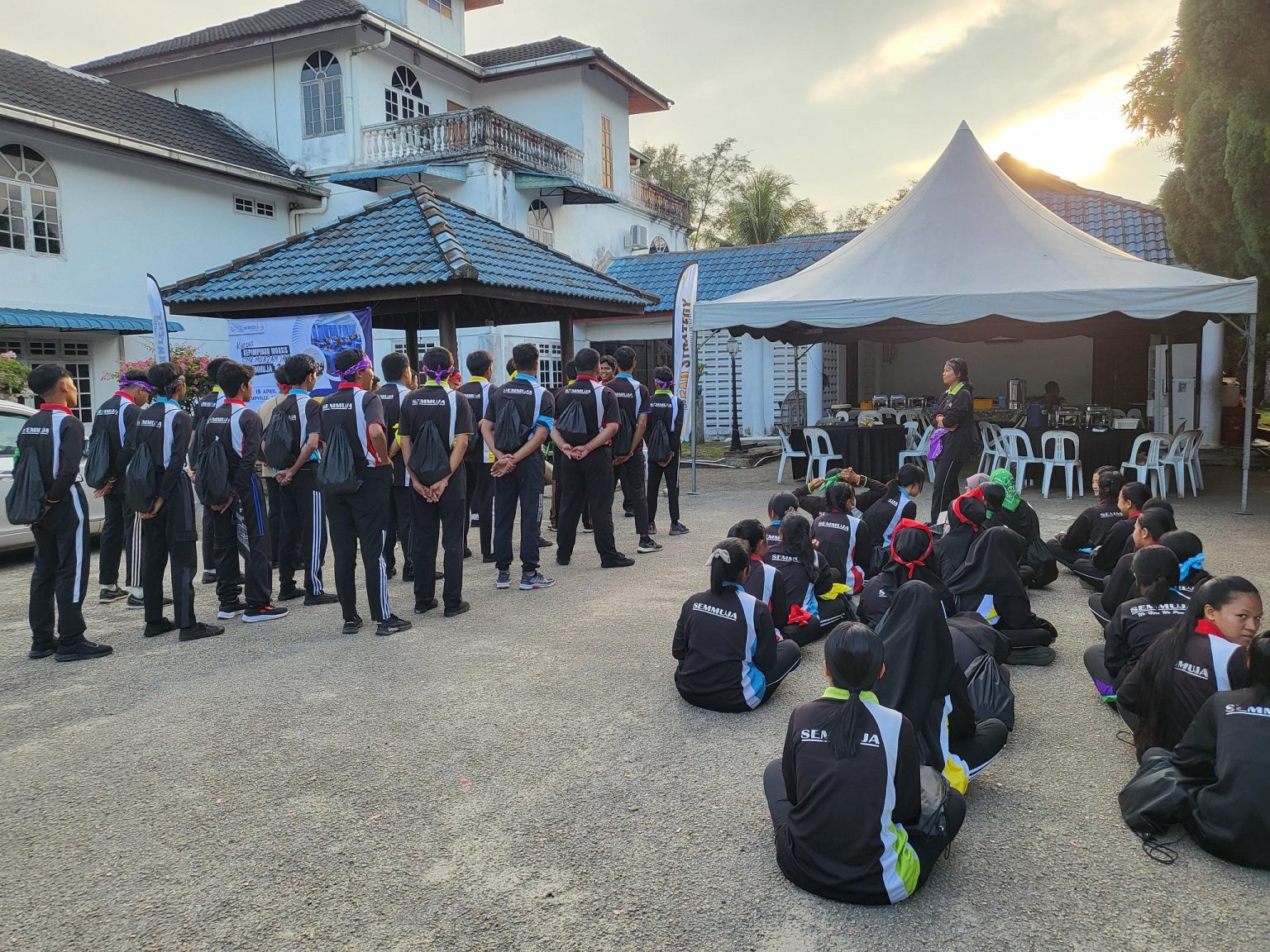
Empowering Indigenous Youth in Malaysia
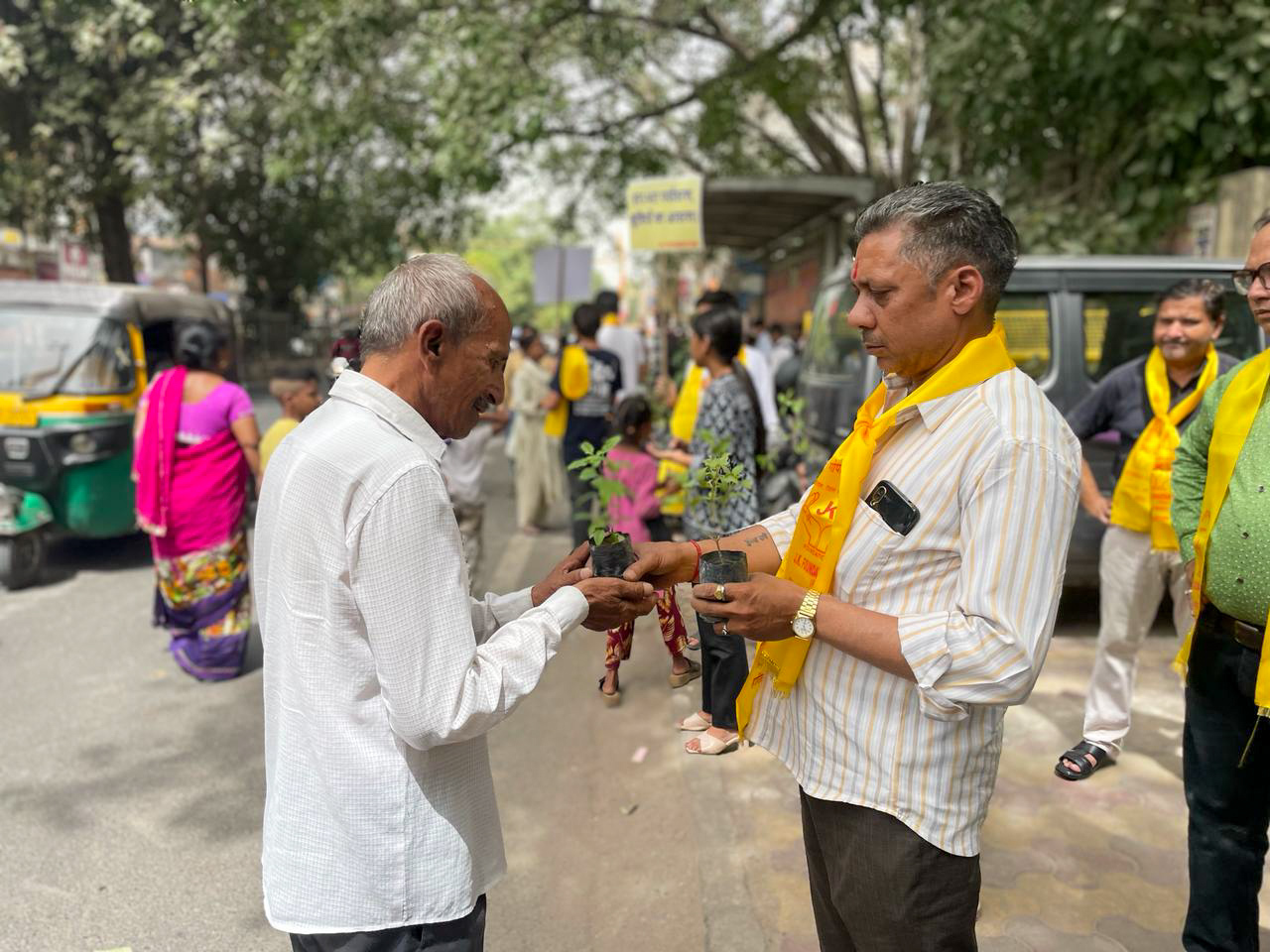
GPF India and JK Foundation Celebrate World Environment Day with Tree Planting Drive in Delhi

Walk in Asian History: Shin Okubo
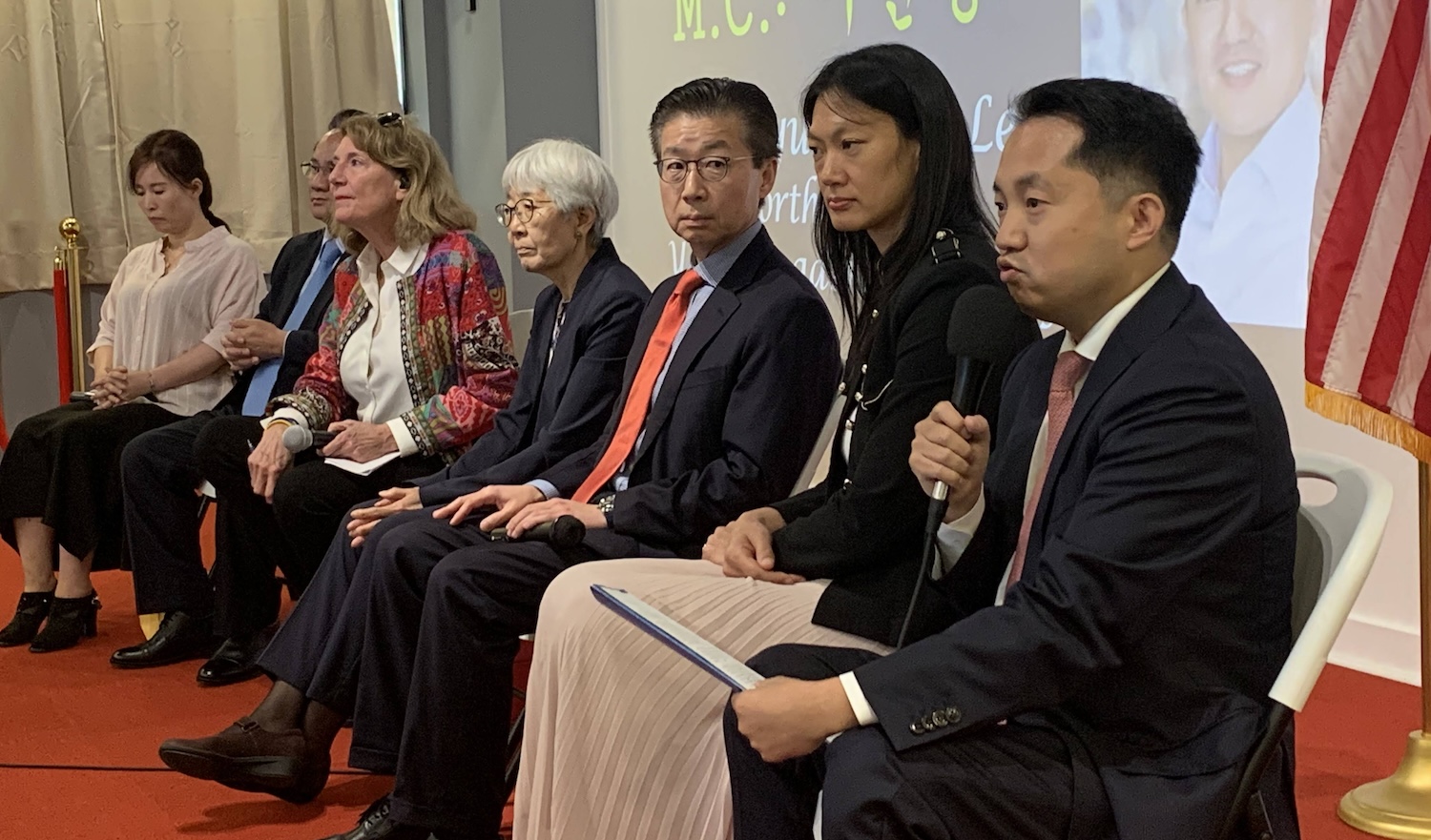
First North Korean Defectors’ Day Commemorated by AKU Washington
Other Work
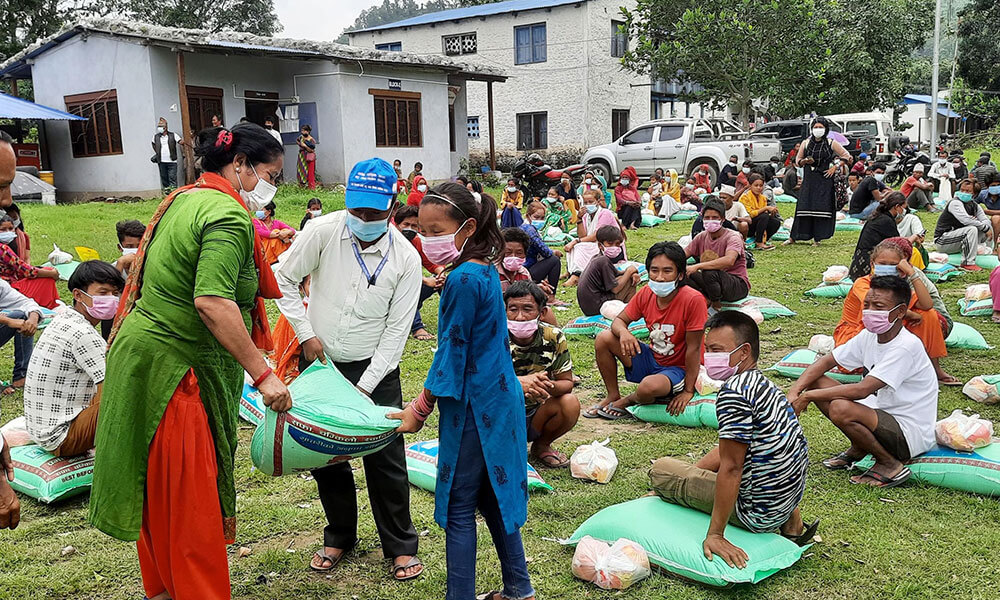
Emergency Relief and Aid
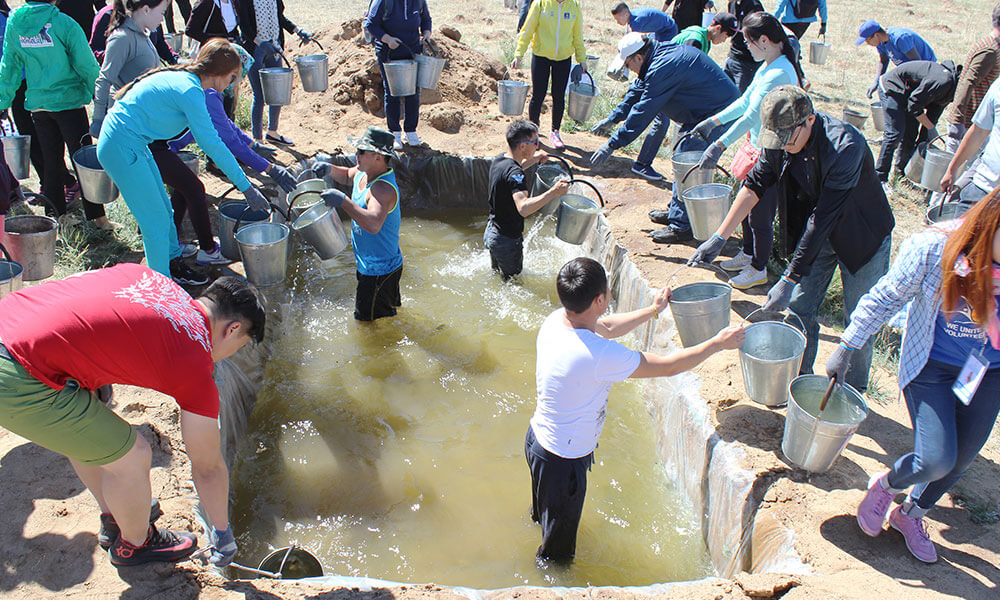
Environmental Projects
